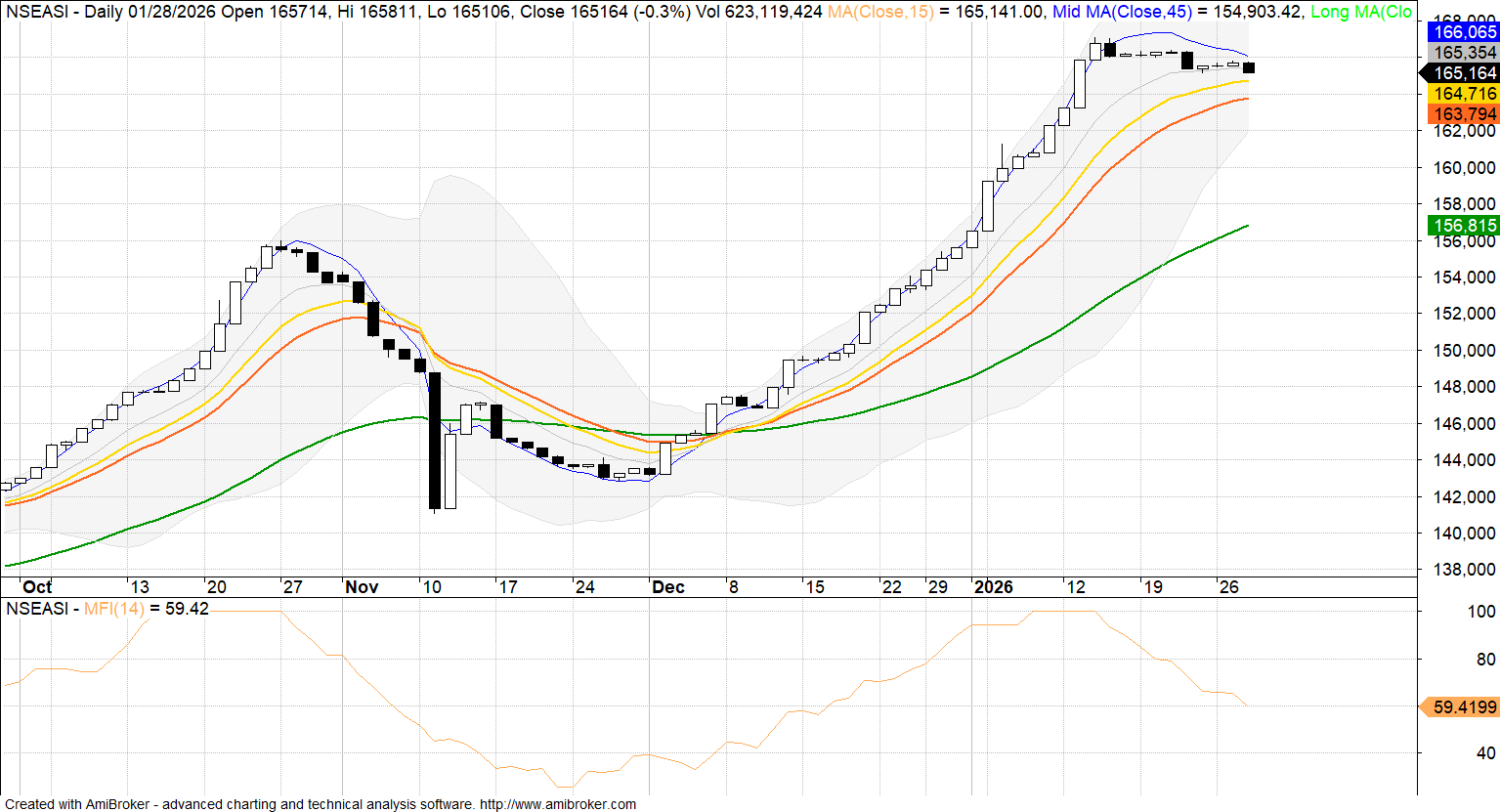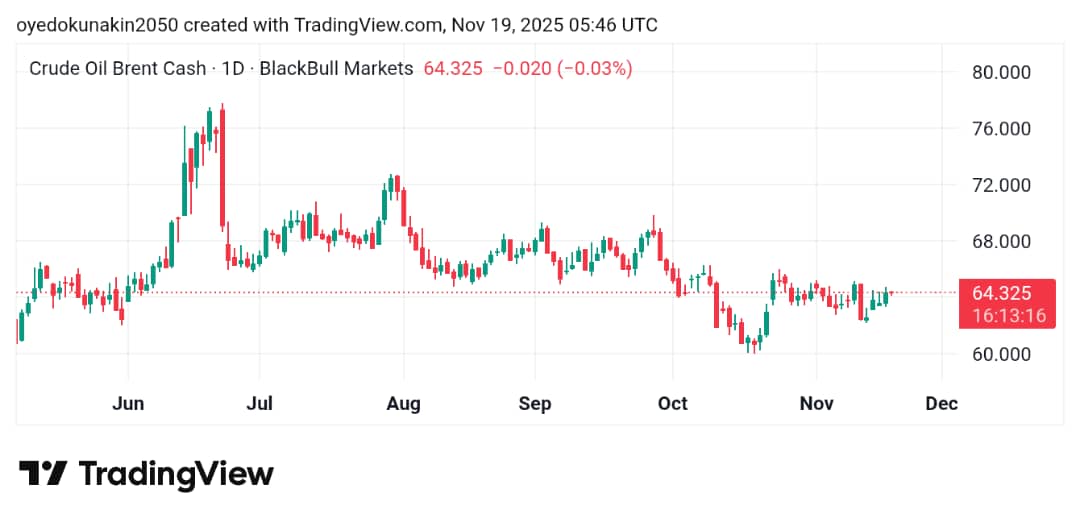
Akintunde Oyedokun
Research Analyst
The oil market saw a fairly significant uptick on Wednesday, with prices climbing about 1% to reach their highest level in roughly three weeks. This surge was largely driven by a rather unexpected decline in US crude inventories, which caught many off guard. Add to that the ongoing supply disruptions in key oil-producing countries like Iraq and Russia, and it’s no wonder prices are on the rise. Brent crude, for instance, shot up to $68.57 a barrel, while WTI climbed to $64.38. The market’s definitely getting a bit jittery about these supply constraints.
Aussie Inflation Jolts Market Expectations
Australian consumer prices surged to a one-year high in August, rising 3.0% from a year earlier, and sparked concerns about upside inflation risks. This unexpected jump has investors betting against an imminent interest rate cut by the Reserve Bank of Australia, with many now predicting rates will remain steady at 3.6% until next year. The Aussie dollar gained 0.3%, while bond futures took a hit. With inflation data looking volatile, the path forward for interest rates remains uncertain.
US New Home Sales Jump to 3-Year High
US new home sales jumped 20.5% to an annualized rate of 800,000 units in August, the highest level since January 2022. Despite the surge, economists are skeptical about the sustainability of this growth due to volatile housing data and potential revisions. A weakening labor market could also limit the boost from falling mortgage rates. Some experts predict the recent sales spike will be reversed in coming months.
Congo Sticks to Cobalt Export Quotas
The Democratic Republic of Congo will stick to its newly introduced quota system for cobalt exports, aiming to manage global supply and influence prices. The country’s mining minister emphasized the importance of achieving fairer prices and prioritizing local cobalt processing to boost export value. Congo, which supplies about 70% of the world’s cobalt, wants to have a say in pricing and won’t be controlled by external forces. This move has garnered support from some producers, while others have expressed concerns. The quota system will take effect on October 16.
Nigeria’s Revenue Surges to N3.65 Trillion
Nigeria’s federal revenue has skyrocketed to N3.65 trillion in September 2025, a 411% increase from May 2023, driven by sweeping fiscal reforms and enhanced compliance mechanisms. The growth is attributed to significant increases in non-oil revenue, oil revenue, and Value Added Tax (VAT) collections. The Federal Inland Revenue Service aims to achieve a federal revenue target of N25.2 trillion by year-end and plans further reforms to expand the revenue base. This remarkable growth is expected to boost investor confidence and support economic development. The reforms are part of a broader strategy to build a sustainable tax system.












